According to the National Children's Hospital, from the beginning of July 2024 until now, the hospital's Tropical Disease Center has received nearly 400 children with whooping cough.
Most of the cases are children under 1 year old who have not been vaccinated or have not received enough doses of the vaccine. Currently, the Center for Tropical Diseases has nearly 40 children with whooping cough being treated, including one seriously ill child who needs a ventilator.
 |
| Illustration |
The most recent case is a 24-day-old baby girl (in Lang Son) who was brought in with frequent coughing spells, her face turned purple during the coughing spells, and she vomited a lot of phlegm.
The family said that 20 days before being admitted to the hospital, the patient's mother had symptoms of coughing, but did not go to the doctor and continued to take care of the child. About a week before being admitted to the hospital, the child had a dry cough but no fever.
After that, the child had many coughing fits, his face turned purple and he vomited a lot of sticky white phlegm, so the family took him to the National Children's Hospital for examination and treatment.
Here, doctors took respiratory fluid samples for testing. As a result, the child was diagnosed with whooping cough. After 5 days of treatment, the child's condition has improved significantly, the child's cough has decreased, and the child can eat and sleep. It is expected that the child will be discharged in the next few days.
Recently, the number of whooping cough patients has been increasing. According to statistics from the Hanoi Department of Health last week, there were 7 more cases of whooping cough in the city.
Since the beginning of 2024, Hanoi has recorded 200 cases of whooping cough in 29 districts, towns and cities; while there were no cases recorded in the same period last year.
Dr. Tran Thi Thu Huong, Head of the Department of Daytime Examination and Treatment, Deputy Director of the Center for Tropical Diseases, National Children's Hospital, said that whooping cough is an acute respiratory infection, commonly found in young children. The onset of the disease may be without fever or mild fever, with inflammation of the upper respiratory tract, fatigue, loss of appetite and cough.
The cough gets worse and becomes paroxysmal for 1-2 weeks, lasting 1-2 months or longer. The disease can cause dangerous complications, even death if not detected early and treated promptly.
Therefore, when children show signs of illness or are suspected of having whooping cough, parents should immediately take their children to specialized medical facilities for examination and timely treatment. The sooner children are treated, the faster they will recover and the less likely they are to have complications.
Currently, new cases of whooping cough are recorded sporadically in some localities, not yet concentrated. However, if children are not fully vaccinated and do not have full immunity, they will accumulate and easily create immune gaps, which can then become epidemics.
Whooping cough is a common infectious disease in winter and spring. Whooping cough is a respiratory infectious disease caused by whooping cough bacteria, usually incubating for about 7-20 days.
People who are not immune or have a weak immune system are susceptible to the disease, complications of severe pneumonia, respiratory failure, etc. To prevent whooping cough, children need to be vaccinated against whooping cough on schedule and with enough doses.
Whooping cough usually starts with a lot of coughing, runny nose and maybe a mild fever. Then, a series of continuous coughing fits, the child coughs weakly, coughs in fits, coughs for a long time leading to vomiting, loss of appetite, fatigue, watery eyes, runny nose, exhaustion. The persistent cough makes the child's face red or purple.
After the cough, the patient has wheezing, so it is called whooping cough. The cough makes the child uncomfortable, unable to sleep at night, has poor appetite, refuses to eat, causes malnutrition and other diseases...
Whooping cough can cause serious complications, due to persistent, prolonged coughing that makes children exhausted, leading to many complications such as respiratory failure, pneumonia, encephalitis...
According to Dr. Bui Thi Viet Hoa, Safpo/Potec vaccination system, to prevent whooping cough, vaccination is the most important to protect children's health.
To proactively prevent whooping cough, parents should take note to vaccinate their children against whooping cough fully and on schedule: 1st dose: When the child is 2 months old. 2nd dose: 1 month after the first dose. 3rd dose: 1 month after the second dose. 4th dose: When the child is 18 months old.
Children born to mothers who do not have antibodies against whooping cough are at higher risk of developing the disease than children who receive antibodies from their mothers.
Along with that, it is necessary to implement other measures well such as regularly washing hands with soap, covering mouth when coughing or sneezing; keeping children's body, nose and throat clean every day; ensuring houses, kindergartens and classrooms are airy, clean and have enough light; limiting children from going to crowded places, avoiding contact with people with respiratory diseases, especially whooping cough.
Parents need to distinguish between whooping cough and common cough to take their children to the hospital promptly. When suspecting whooping cough or having any signs of the disease such as: Having many coughs, red or purple face during coughs, each cough lasts a long time; poor appetite, vomiting a lot; sleeping little; rapid breathing/difficulty breathing, take the child to the hospital for examination, determine the cause and support early treatment.
Source: https://baodautu.vn/mot-thang-hon-400-benh-nhan-ho-ga-nhap-vien-d221071.html


![[Photo] Ho Chi Minh City after 50 years of national reunification through buildings and symbols](https://vstatic.vietnam.vn/vietnam/resource/IMAGE/2025/4/15/a224d0b8e489457f889bdb1eee7fa7b4)
![[Photo] National Assembly Chairman Tran Thanh Man attends the summary of the organization of the Conference of the Executive Committee of the Francophone Parliamentary Union](https://vstatic.vietnam.vn/vietnam/resource/IMAGE/2025/4/15/fe022fef73d0431ab6cfc1570af598ac)

![[Photo] Welcoming ceremony for Prime Minister of the Federal Democratic Republic of Ethiopia Abiy Ahmed Ali and his wife](https://vstatic.vietnam.vn/vietnam/resource/IMAGE/2025/4/15/77c08dcbe52c42e2ac01c322fe86e78b)
![[Photo] General Secretary To Lam meets with veteran revolutionary cadres, meritorious people, and exemplary policy families](https://vstatic.vietnam.vn/vietnam/resource/IMAGE/2025/4/15/7363ba75eb3c4a9e8241b65163176f63)
![[Photo] Air Force actively practices for the April 30th celebration](https://vstatic.vietnam.vn/vietnam/resource/IMAGE/2025/4/15/16fdec3e42734691954b853c00a7ce01)
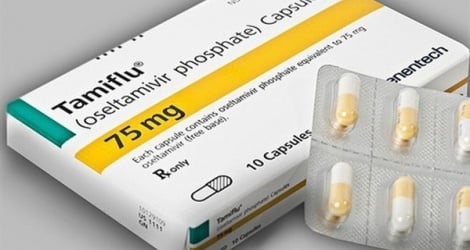




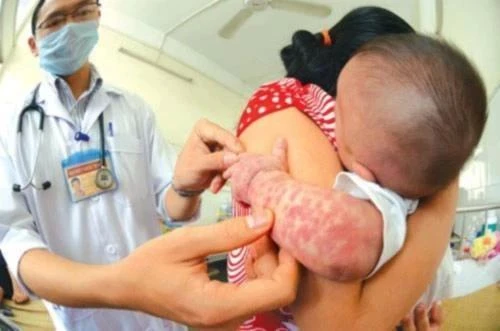





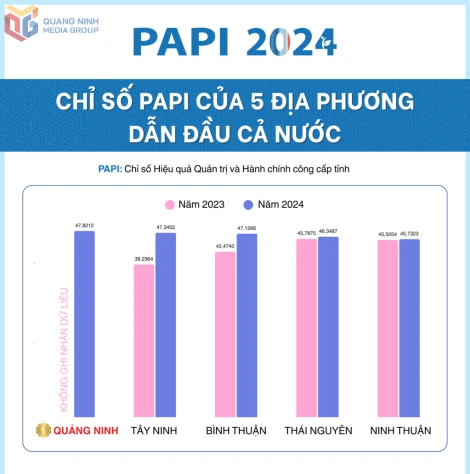


















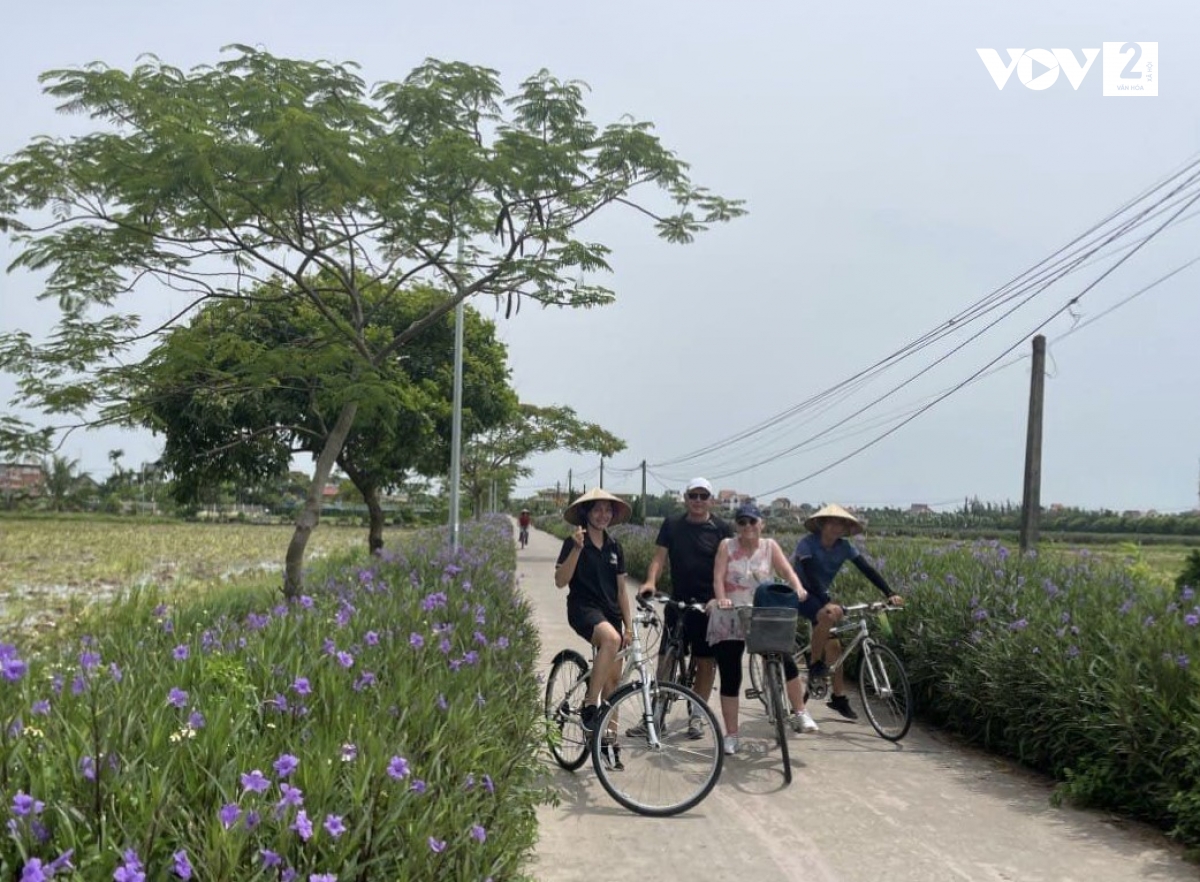




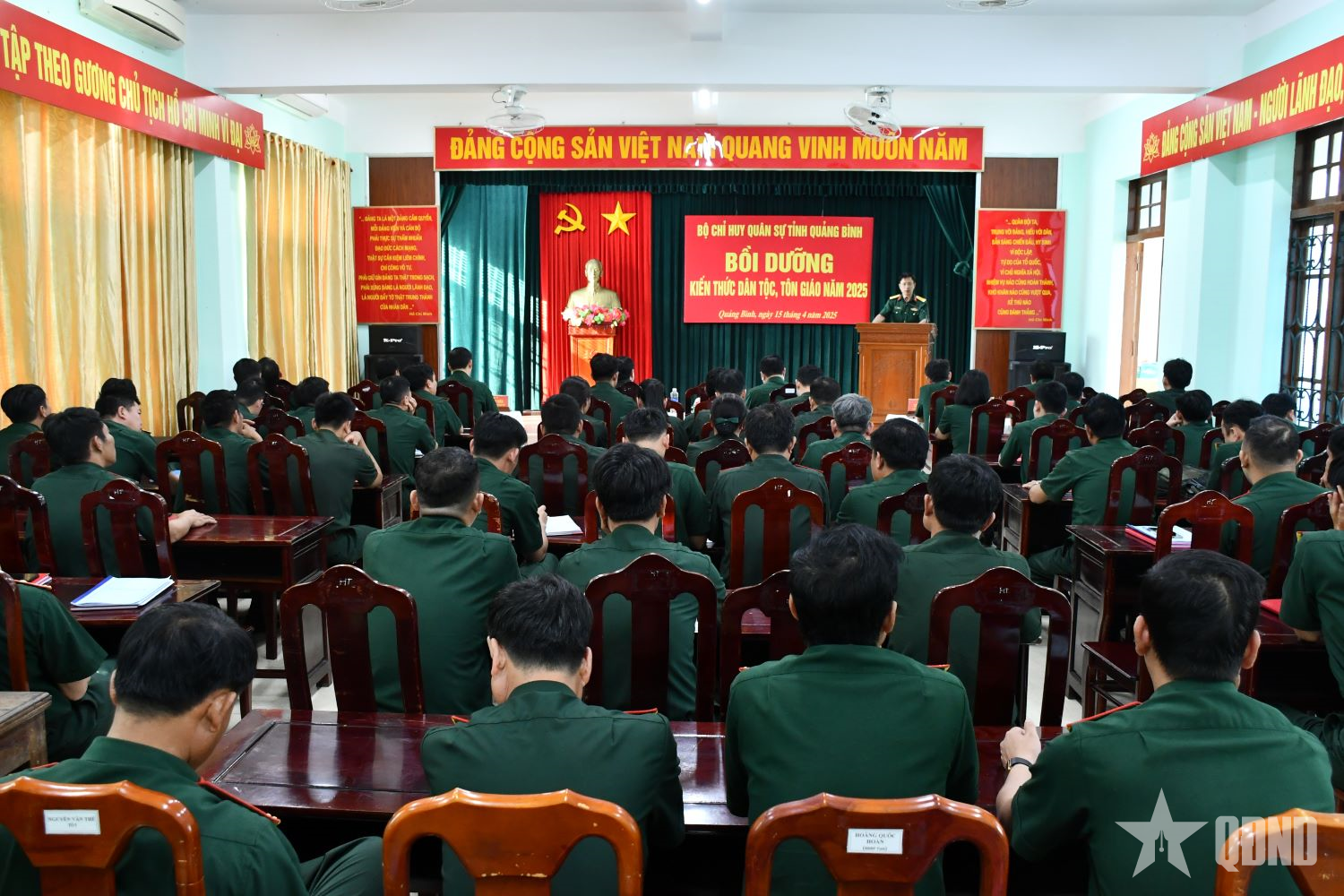


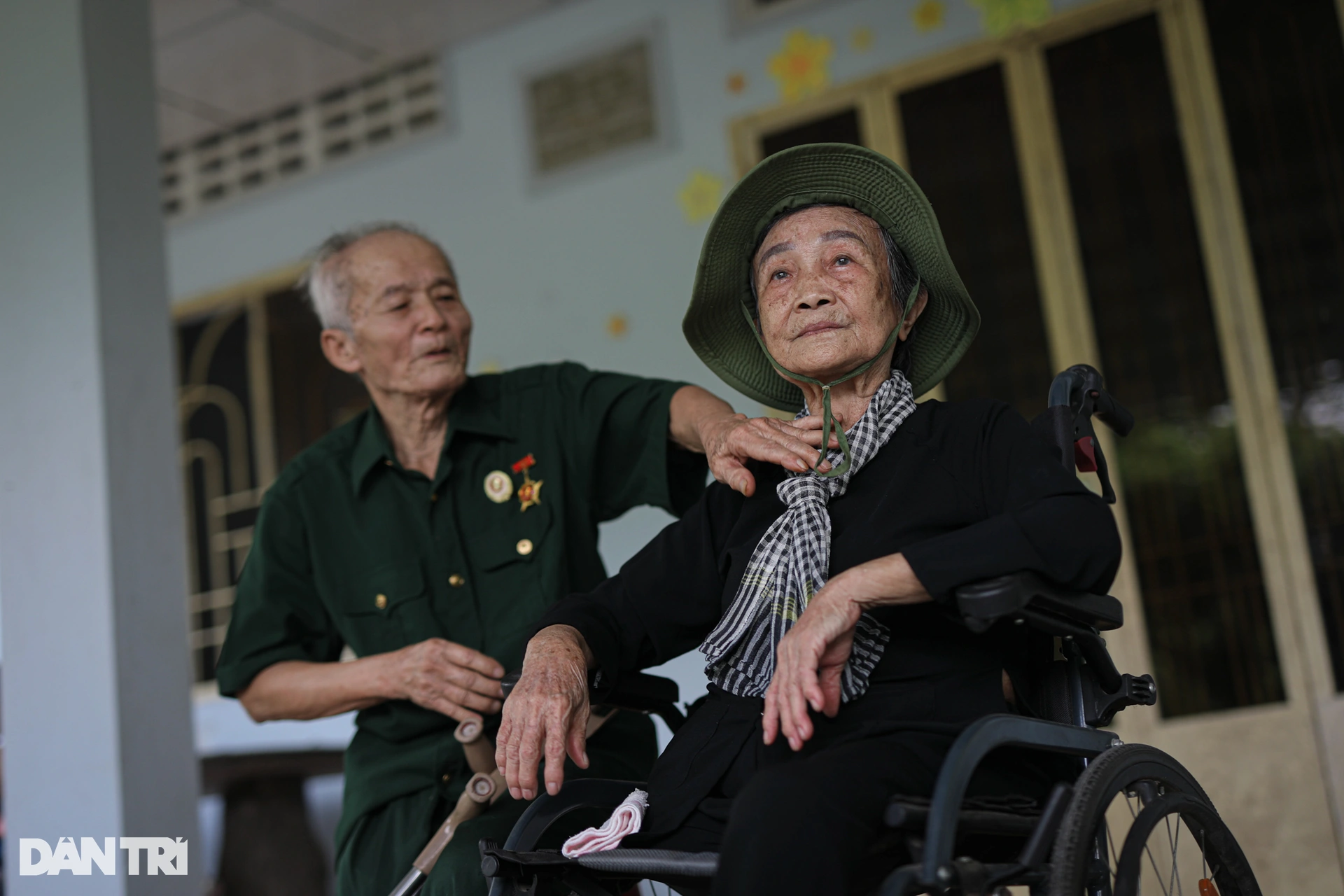

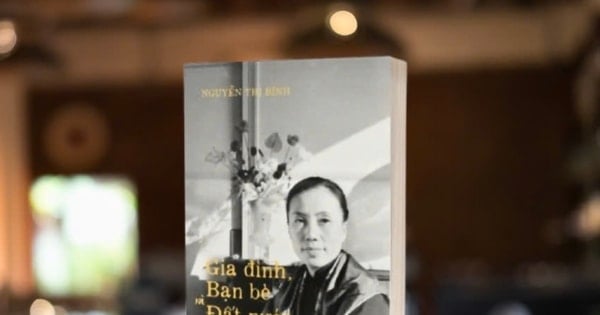


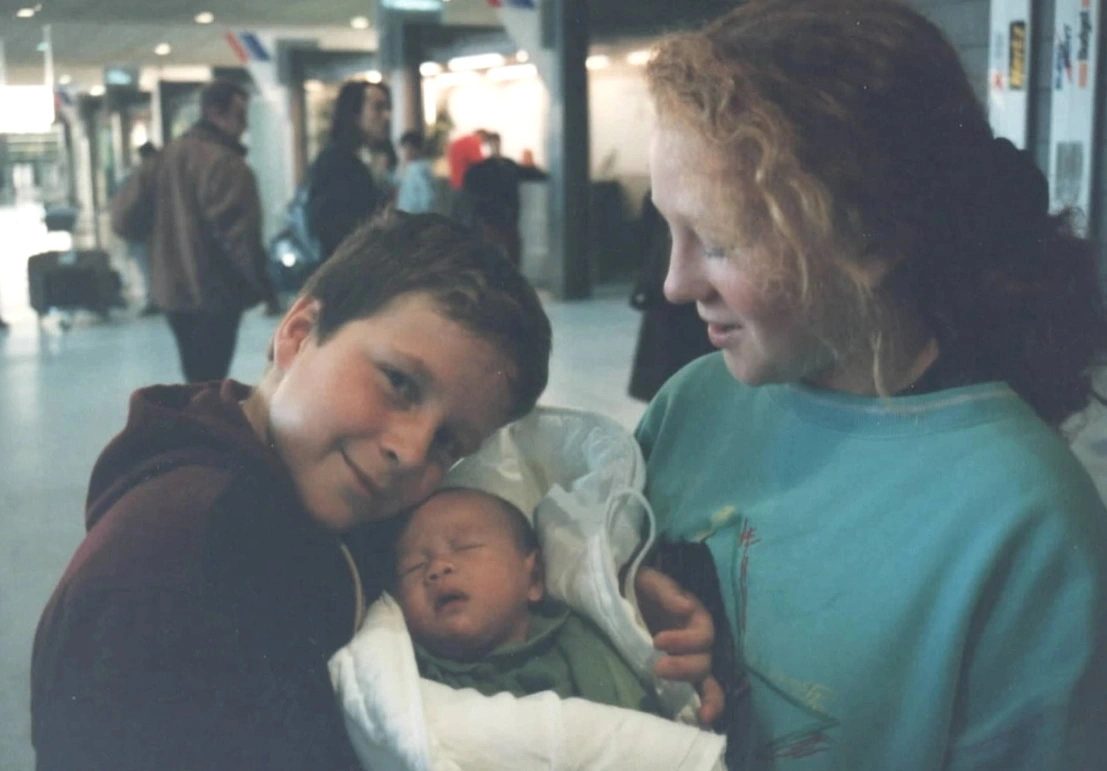




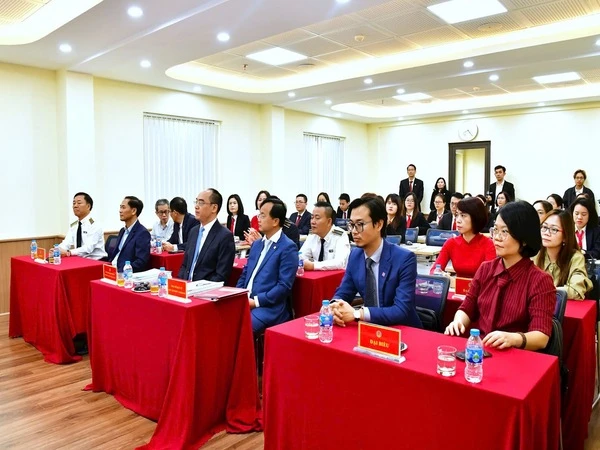













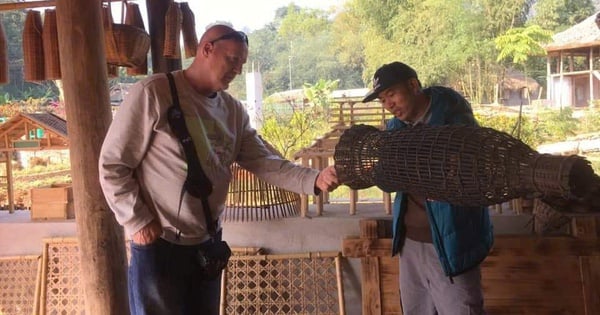








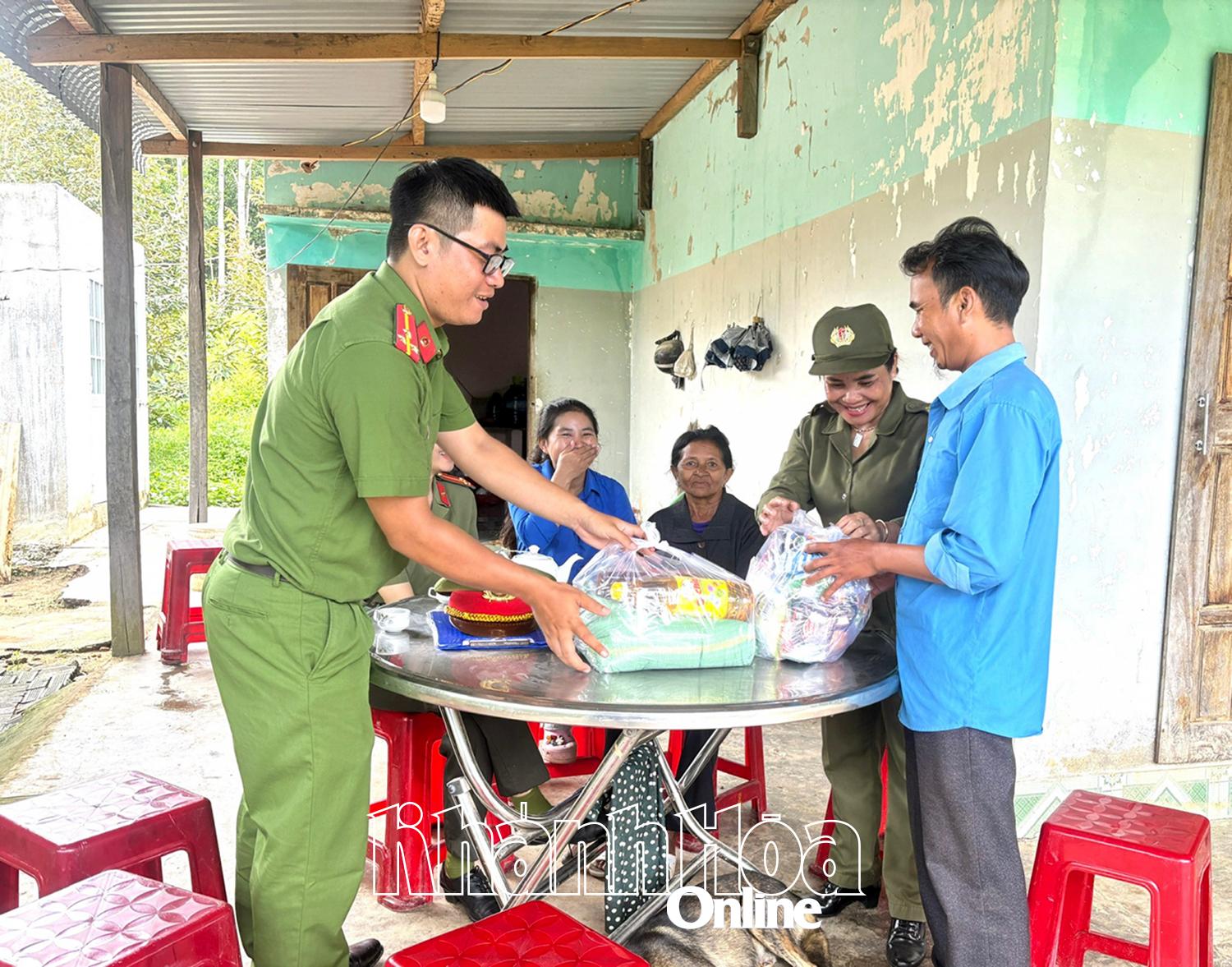


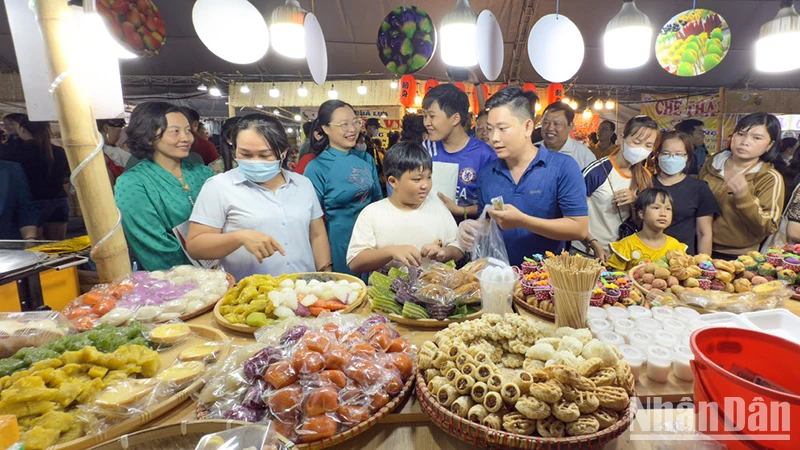

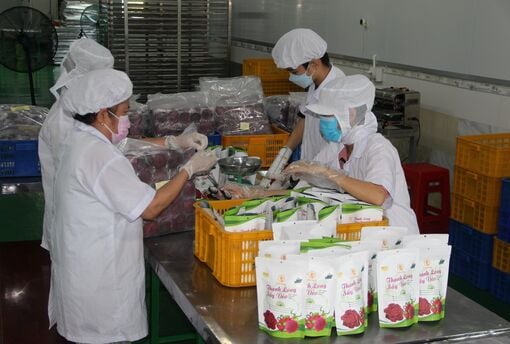




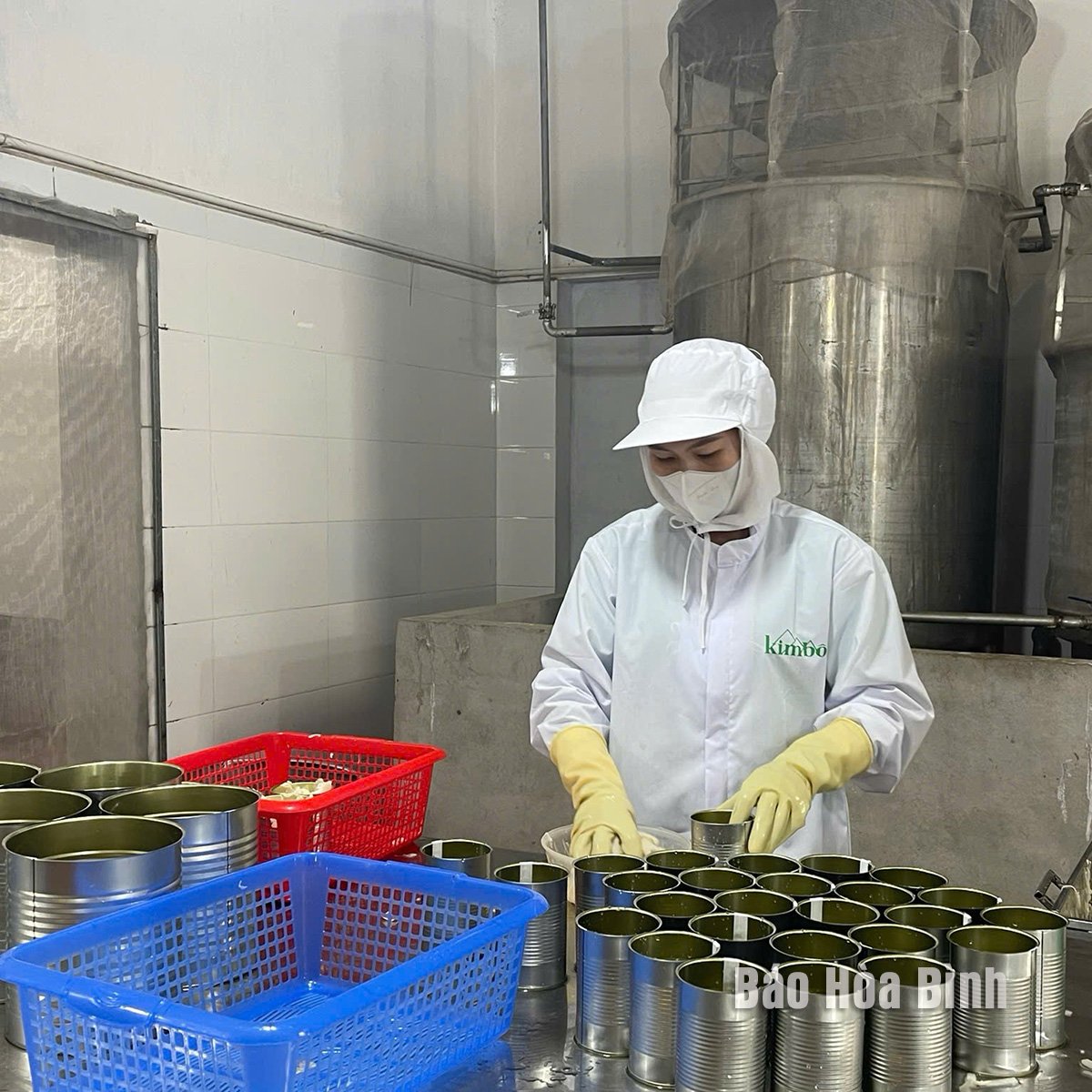

Comment (0)